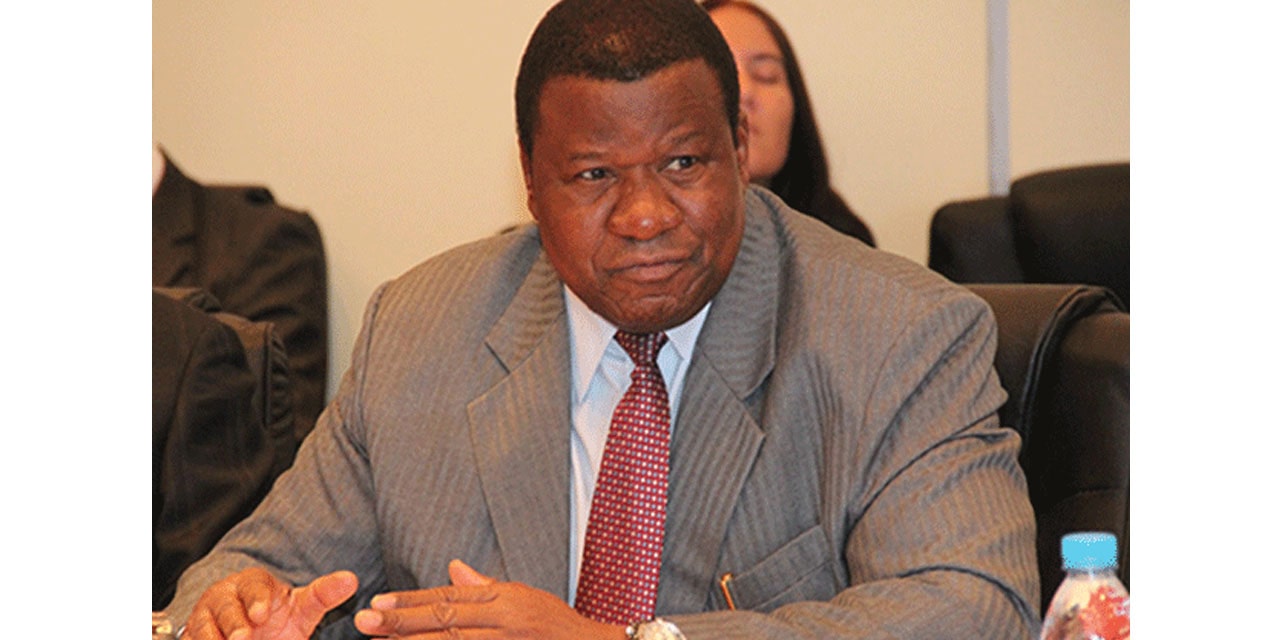Martin Endjala
The Minister of Works and Transport, John Mutorwa, said concerning motor vehicle accidents, that the number of fatalities in proportion to the number of crashes has reduced by 4% from 18% in 2019.
According to the report presented at the 9th Annual Road Safety Conference on Wednesday in Ongwediva, there has been a 30% decrease in fatalities, from 609 in 2019 to 423 in 2023.
“As a nation and as stakeholders in this subsector, we need to measure and improve where necessary. I’m emphasising this in line with the theme adopted for this year’s conference, which speaks to improvement in the management of road safety performance,” he said.
Fatalities per 10 000 vehicles dropped by 32%, from 15.2 in 2019 to 10.3 in 2023.
Injuries per 100,000 people decreased by 59%, from 250 in 2019 to 101 in 2023.
Mutorwa noted that the crash data analysis over the past four years offers hope and stressed the importance of commitment from all executing agencies.
“The execution of the annual plan to be crafted at this conference requires the commitment and dedication of all stakeholders and executing agencies,” he stated.
He said that the platform is necessary to assist the government in identifying critical safety factors and providing recommendations for remedial measures.
Over the past 34 years, many strategies have been developed, but not all have been implemented effectively.
“The strategy execution gap is one of the key problems we as a country are experiencing. In his doctoral thesis, Dr. Anton Olivier noted,” he said.
Mutorwa said the importance of continuous research and benchmarking to align Namibian road safety efforts with international best practices and to build a proper body of knowledge for the subsector.
He added that policies, regulations, and laws must align with current trends to be effective.
Eliphas !Owos-Ôab, Chairman of the National Road Safety Council (NRSC), urged civil society organisations, the private sector, and academic institutions to join the public sector in a formal national road safety partnership.
“We all agree that the level of road safety in any given country indeed depends on how a particular country elects to manage its transport system in general. The different systems and processes Namibia has embarked upon since its independence did not yield desired results,” he said.
The conference’s goal is to improve performance monitoring and evaluation! Owos-Ôab noted that institutions used varied definitions, methodologies, and frameworks for their road safety projects.
He explained that Namibia’s adoption of UN-endorsed international best practices inspired its road safety strategy.
He acknowledged challenges during the first decade of action (2011-2020) due to poor communication and unrealistic targets. In response, the Ministry of Works and Transport endorsed the 2nd Decade of Action Road Safety Strategy (2021-2030) in 2021.
This included launching the road safety strategy and formalising agreements with key stakeholders in 2022.
The Annual Road Safety Conference is a significant event in the Namibian Chapter of the Decade of Action for Road Safety 2021-2030, bringing together stakeholders to assess progress and address challenges in road safety initiatives.




